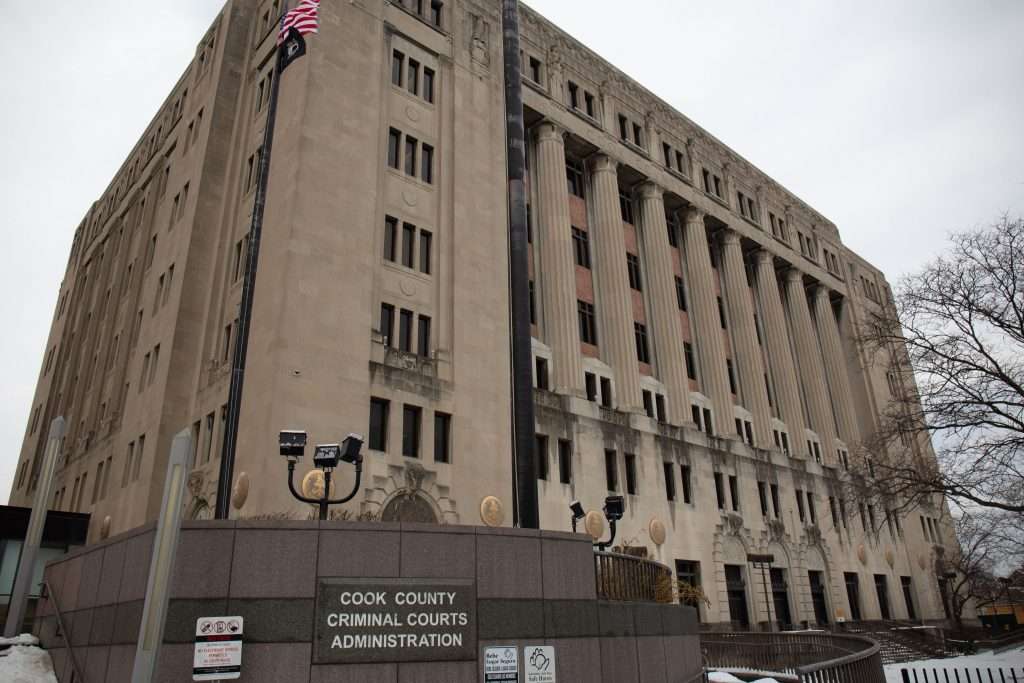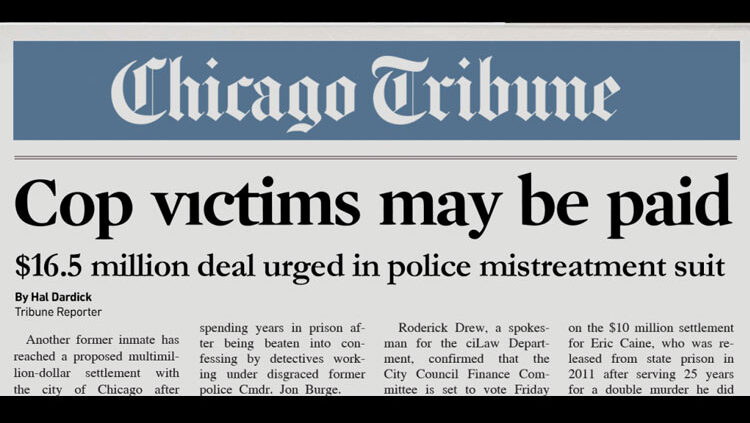Home » Class Actions » Class Action – Gambling
Gambling Class Actions
Sports-betting and online gaming platforms lure players with misleading promos, unfair odds, and delayed payouts. If deceptive gambling practices cost you money, you may be entitled to compensation.
Experienced Gambling Class Action Attorneys
Online sportsbooks and gaming apps light up the screen with “risk-free” bets, sky-high bonus matches, and flashy odds boosts. Behind the banners, the reality can be very different: hidden rollover requirements that lock in losses, house-tilted algorithms that quietly shorten odds, delayed or partial payouts, and surprise fees when players try to withdraw. These tactics drain bankrolls, bury users in fine print, and hand all the leverage to the platform.
Loevy + Loevy cuts through that haze. We have taken on DraftKings and other operators that market bets as “free” when they are anything but. When a gambling company refuses to refund deceptive bonuses or fix rigged payout rules, we do not settle for pennies; we drive the case toward trial and demand full accountability. Trial is not backup; it is a proven tool we wield with confidence.
Our lawyers blend deep courtroom experience with sharp data analysis, unearthing the code-level tricks that stack the deck against players. We press for cash recovery, clear disclosures, and reforms that keep the odds honest. Class actions should restore trust, deter repeat abuse, and put winnings back where they belong, in the players’ pockets. That is our mission in every gambling case we accept, no matter how hard we have to fight.
Class Action Wins
Current Gambling Class Action Cases
Why Join a Class Action?
Joining a class action means shared costs, greater leverage, and a real chance to hold wrongdoers accountable—all without taking on the fight alone. And you pay nothing unless we win.i

Class Action Practice Areas
Consumer Protection
Companies that have hidden fees, distort ads, or sell defective products break consumer-protection laws. If you paid for something under false terms, you may be entitled to compensation.
Gambling
Sports-betting and online gaming platforms lure players with misleading promos, unfair odds, and delayed payouts. If deceptive practices cost you money, you may be entitled to compensation.
Privacy/BIPA
Businesses that leak personal data, track users secretly, or harvest face and voice prints break state and federal privacy laws. If your data was taken without consent, you may be entitled to compensation.
Healthcare/PBMs
Insurers, hospitals, and pharmacy-benefit managers often inflate prices, bury fees, or steer patients toward costlier drugs. If unfair billing or pricing raised your costs or cut your reimbursements, you may be entitled to compensation.
Artificial Intelligence
AI platforms are harvesting music, art, and personal data without permission to fuel their models and profits. If your creative work or data was used without your consent, you may be entitled to compensation.
Government Accountability
Public agencies that overcharge, seize property, or trample constitutional rights can be held liable. If official misconduct harmed you or your community, you may be entitled to compensation.
FAQs
What is a class action lawsuit?
A class action is a type of lawsuit in which one or more people sue on behalf of a larger group who were harmed similarly.
It’s often used when a company’s misconduct affects many people, such as in cases of consumer fraud, data breaches, or illegal surveillance.
Will it cost me anything to participate?
No. Loevy + Loevy handles class actions on a contingency basis, meaning you pay nothing unless we win.
There are no upfront costs, no hidden fees, and no risk to you.
How do I know if I qualify?
Each case has specific criteria, such as where you live, what happened, and when.
Our team will review your situation confidentially and let you know if you’re eligible.
If you’re unsure, it’s always worth asking.
What will be expected of me after I join?
For most class members, very little. Our attorneys handle court filings, discovery, and negotiations.
You may be asked to provide documents or answer questions, but only the named representatives typically appear for depositions or hearings.
We keep every class member updated throughout the case.
How long does a class action usually take?
Timelines vary, but complex class actions often last two to three years or longer because courts must rule on class certification, motions, discovery, and (if no settlement is reached) trial and appeals.
How is any settlement money divided?
If the case succeeds, the court-approved settlement or judgment specifies how funds are distributed.
After litigation costs and the court-approved attorneys’ fee, the remainder is shared among eligible class members, typically in proportion to each person’s damages or a formula set by the court.








